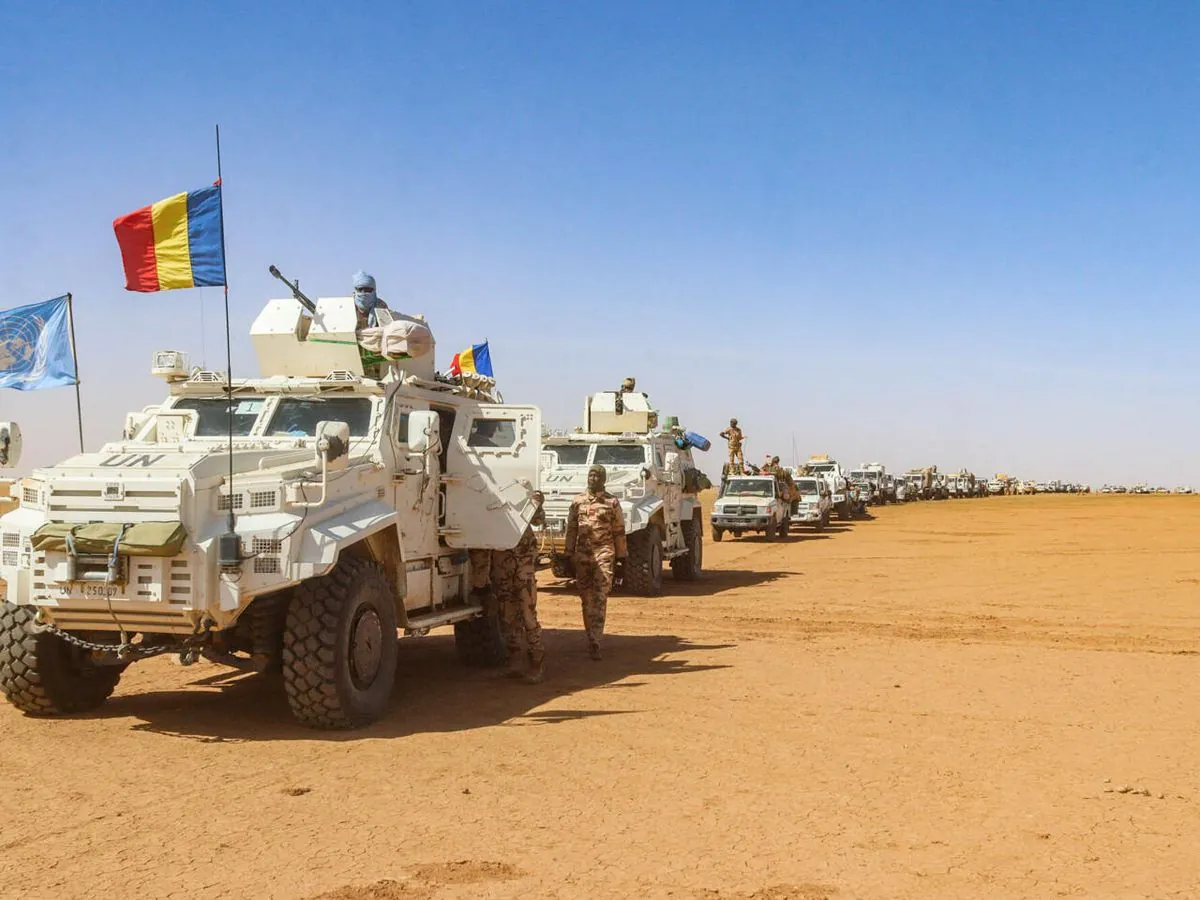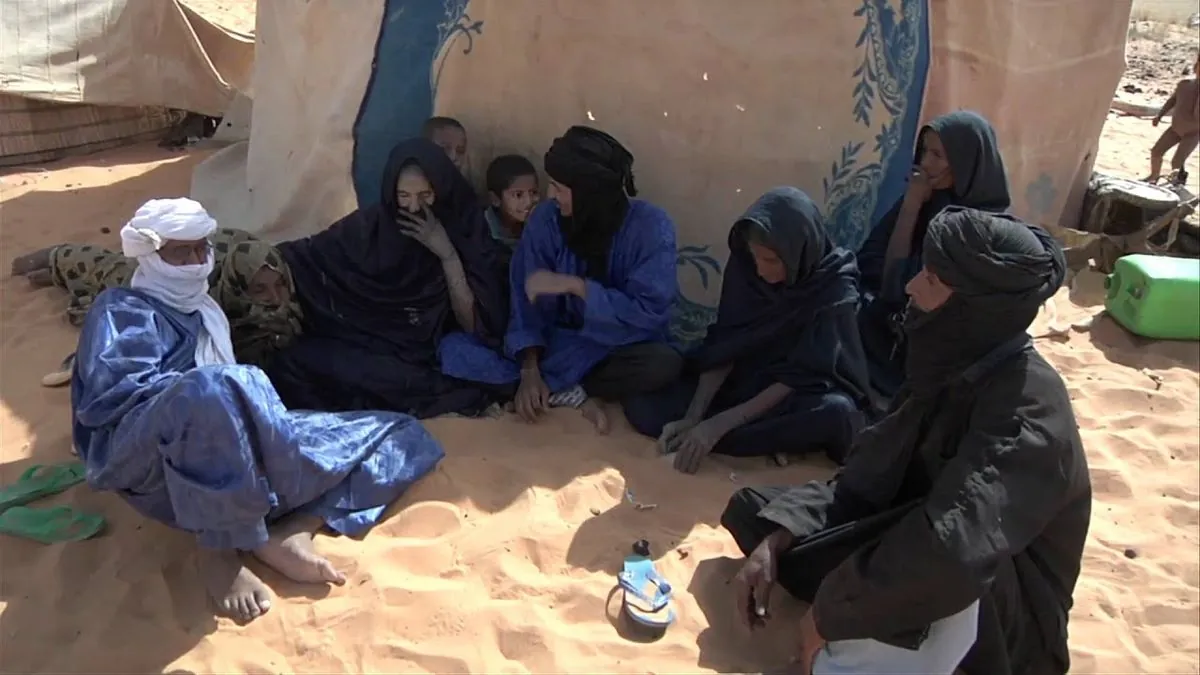Tuareg Rebels Claim Heavy Casualties in Mali Conflict
Tuareg rebels report killing 131 Wagner and Malian forces in northern Mali. Russia reaffirms support for Mali's junta despite losses. Conflict highlights ongoing tensions in the Sahel region.

In a recent development in Mali's ongoing conflict, Tuareg rebels have reported inflicting significant casualties on Russian Wagner mercenaries and Malian soldiers. The Permanent Strategic Framework for Peace, Security and Development (CSP), a Tuareg rebel movement, claims to have killed 84 Wagner fighters and 47 Malian troops during intense clashes in late July 2024 near the northern border town of Tinzaouaten.
This incident marks a notable setback for the Wagner Group, a Russian paramilitary organization that has been supporting Mali's military authorities since 2022. The reported losses represent the heaviest defeat for Wagner since their involvement in the region began two years ago.
Despite these setbacks, Russia has signaled its continued commitment to Mali's current government. On August 1, 2024, the Russian Foreign Ministry announced that Foreign Minister Sergei Lavrov had discussions with his Malian counterpart, reaffirming Russia's intention to provide ongoing support in various areas, including socioeconomic issues and military assistance.

The conflict in Mali is rooted in complex historical and ethnic tensions. The Tuareg, a Berber ethnic group inhabiting the Sahara desert, have long sought greater autonomy. In 2012, Tuareg separatists launched an insurgency against the Malian government, demanding an independent homeland called Azawad. This struggle later became intertwined with an al Qaeda-aligned Islamist rebellion in the region.
Mali, the eighth-largest country in Africa by area, has faced significant challenges since gaining independence from France in 1960. The country's recent history has been marked by political instability, including military coups in 2020 and 2021. Following these events, Mali's new authorities expelled French and U.N. troops that had been combating Islamist insurgents for a decade, replacing them with Wagner Group mercenaries.
The CSP has denied allegations of collaboration with jihadist groups, stating that they fought "exclusively from the beginning to the end" in the recent clashes. They also claim to have captured seven prisoners and seized substantial military equipment.
This conflict unfolds against the backdrop of Mali's rich cultural heritage. The country is home to historic sites such as Timbuktu, once a center of Islamic scholarship, and the Great Mosque of Djenné, the world's largest mud-brick building. Mali's economy, primarily based on agriculture and mining, faces additional challenges due to ongoing security issues.
As the situation continues to evolve, the international community watches closely, recognizing the potential implications for regional stability in the Sahel, a semi-arid belt south of the Sahara desert known for its complex security dynamics.


































